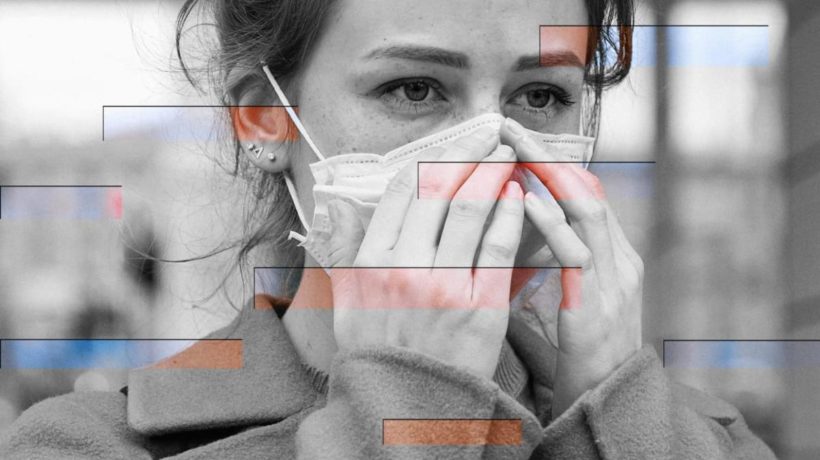For many of us, the behaviours to avoid COVID-19 are at our disposal: Handwashing, physical distancing, self-isolation, mask wearing. But . . . we’re humans, which means that we screw it up. In psychology-speak, adherence is our weak link. A new Lancet article highlights the six “behavioral pitfalls” (aka dependably crappy judgements) that might kill us all, and how to avoid them:
Normalisation. You get used to the idea of a deadly illness, and drop your guard. Remind yourself that COVID-19 is scary and to remain vigilant.
Avoidance of embarrassment. You think that, for instance, wearing a mask looks really dumb. Wear the damn mask. Your survival is more important than the imaginary opinions of others.
Ignoring other risks. Don’t live on Cheetos and stop wearing seat belts just because there’s a pandemic. Those things are still bad for you, too—as is debilitating depression. (Mental health, in particular needs your attention, note the researchers.)
Lack of feedback. There’s no immediate way to know whether your gloves and masks and disinfecting are helping or not—COVID-19 infections take days to appear. Stay the course, and ignore fluctuating daily news. Your mantra: I am keeping myself and the people I care about safe.
Status quo bias. Change is hard for humans, especially around ingrained norms. Tell yourself that this is an opportunity to look at many things anew, including how you connect with people.
Second guessing. No matter what happens, in hindsight you’re going to judge your actions. (“Why did I break up with my boyfriend a week before lockdown??” “I definitely caught this at the grocery store—why didn’t I use Instacart???” or “Why did I isolate for six months and gain 15 pounds for no reason?”) Gently remind yourself that hindsight bias is unavoidable, and nudge your thoughts elsewhere.
In short: Staying safe is half a head game. The researchers hope that simple awareness of these pitfalls might help continue safe behaviors to fight the COVID-19 crisis.
Article originally published on fastcompany.com.







